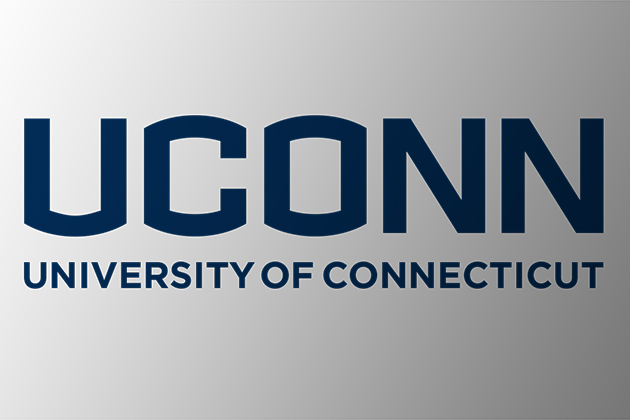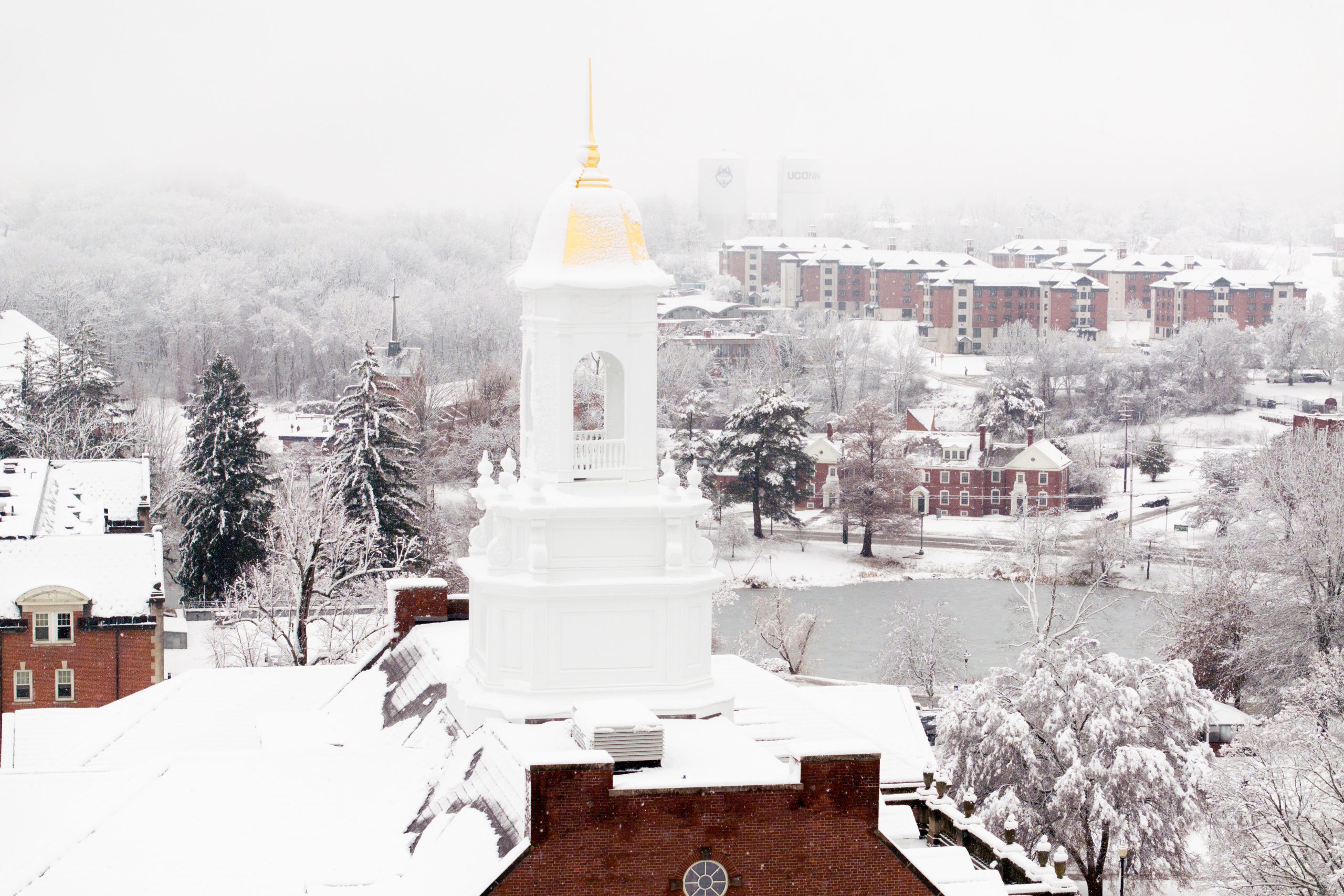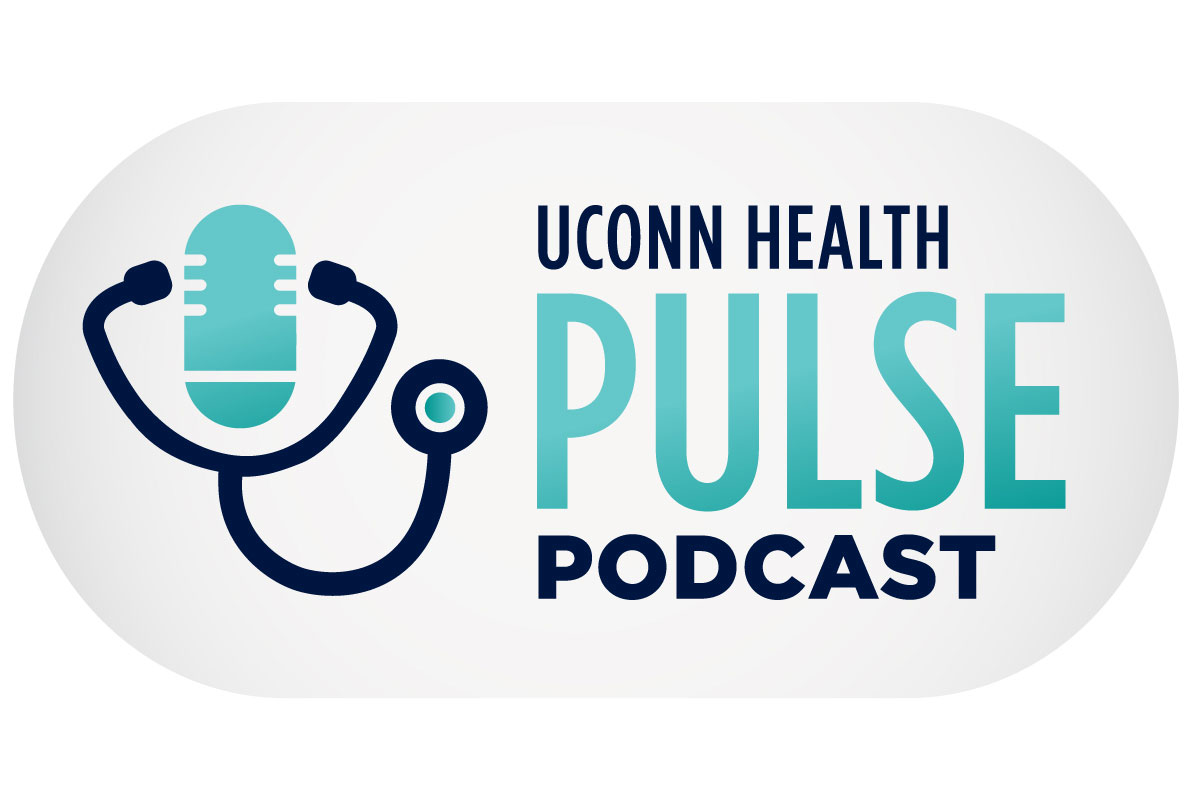UConn’s Board of Trustees will hear a presentation next week that will propose closing its Torrington campus, which is the University’s smallest location and has struggled with declining enrollment despite efforts to recruit and retain undergraduates there.
The proposal to close the campus after the conclusion of the 2016 spring semester is based on the enrollment trends, its inability to provide an experience equivalent to other UConn campuses, scarce resources to address capital needs, and the proximity of the UConn Waterbury campus.
“Given the ongoing fiscal challenges in the state, and the resulting effect on the University, we have been carefully examining how we can maintain academic quality in an era of increasingly scarce resources,” said UConn Provost Mun Choi in a message to the Torrington campus community. “After careful consideration, we’ve decided that one of the options we must pursue is the closure of UConn’s Torrington campus.”
The Academic Affairs Committee of the Board of Trustees will hear a presentation from the university regarding the potential closure of the campus at its meeting on Wednesday, March 30 in Storrs.
Any decision on the future of the campus must be voted on by the full board, which would have the option of taking up the issue at its April 27 meeting.
The campus, which opened in 1965, has struggled with enrollment for several years as the number of college-bound high school seniors in northwestern Connecticut has declined.
The entering freshman class over the past five years has ranged from 53 to 62 students, which is about one-fifth the size of the University’s freshman class at its next smallest regional campus and a 15 percent decline since 2011. Total fall enrollment at Torrington over the same time period has ranged from 177 to 249 students, which is a fraction of the enrollment at any of the University’s other regional campuses. This limits the interaction with other students that is crucial to a qualitative learning process.
This spring, enrollment at the campus has dropped further, to 136 students — of which only 88 are full-time.
In addition, only one tenure-track faculty member is teaching in Torrington, resulting in minimal opportunity for students there to take classes with full-time instructors.
Further, the campus’s physical infrastructure cannot provide the science labs necessary for college level courses, which relegates students to take these courses elsewhere – predominantly at Northwestern Community College or UConn Waterbury, which is located approximately 30 minutes away and has state-of-the-art facilities and a larger contingent of tenure-track faculty and researchers.
Specifically, UConn Torrington currently needs at least $8.6 million in capital improvements over the next 10 years. These costs do not include any additional costs that would be expended to update labs, classrooms, and other research and academic spaces to support the needs of students and faculty.
If University decides to close campus at end of this academic year, all currently enrolled students will be given the option of attending any regional campus or the Storrs campus. Recently admitted students for fall 2016 will have the option of attending any regional campus.
Those students who would choose to transition to the nearby UConn Waterbury campus would be part of an incoming freshman class there of approximately 325 students and would become part of a total student body of more than 1,000 students.
The University would offer counseling sessions at the Torrington campus to help students make these decisions, and work with high school guidance counselors to ensure they’re aware of options available.
Closure of academic programs for undergraduate students at Torrington is not expected to affect the robust agricultural extension facility and programming located on the campus. The University would cooperate with the City of Torrington and other state agencies on suitable new uses for the land and buildings that comprise the academic campus.


